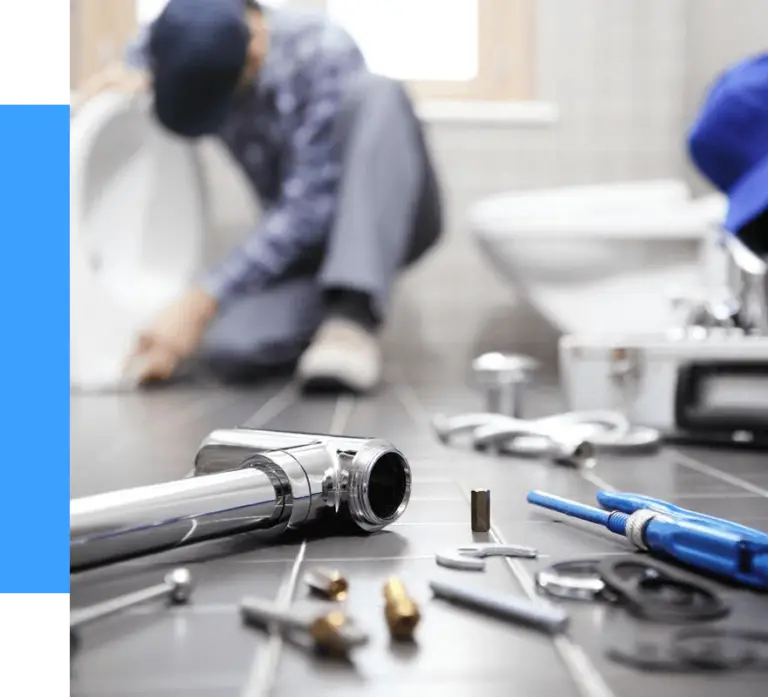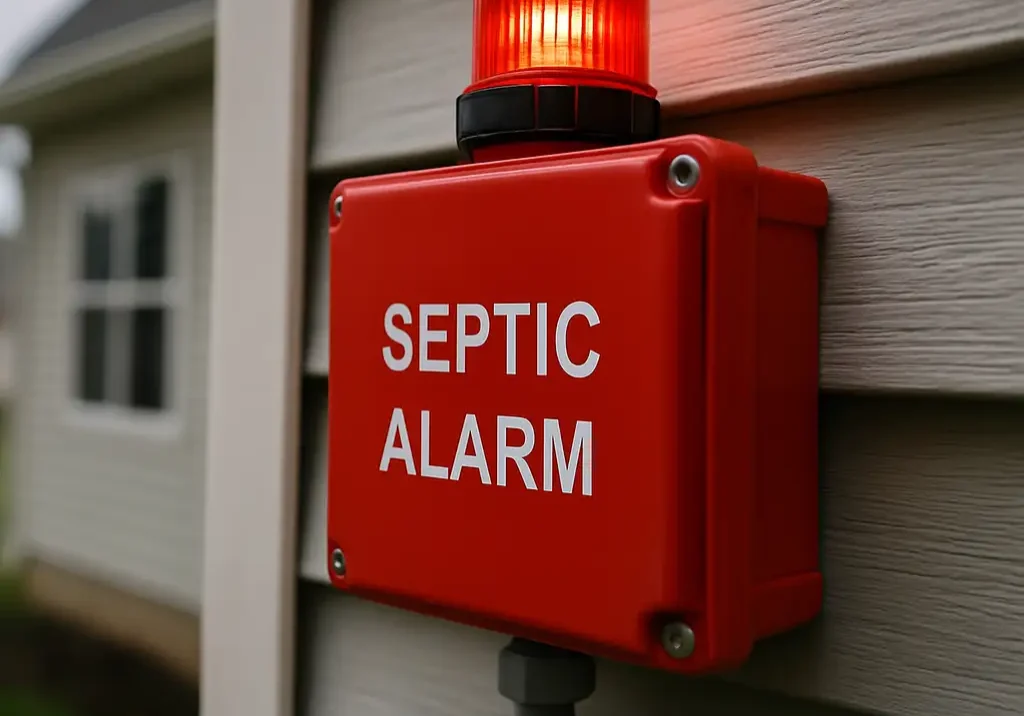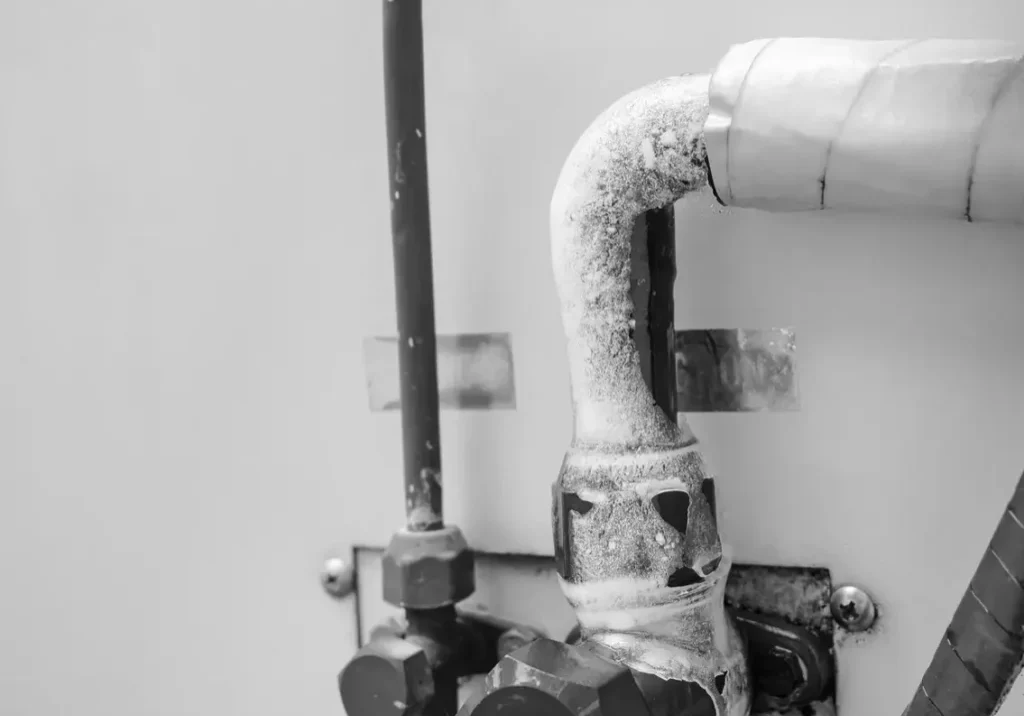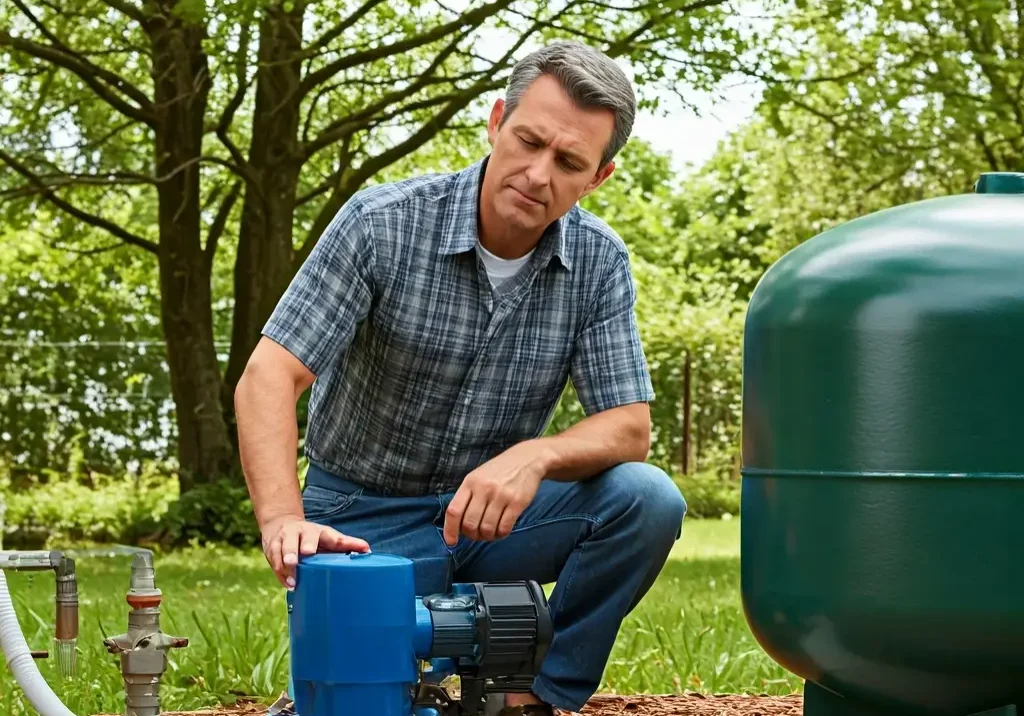
Understanding Your Well System: What You Need to Know
Having a private well means enjoying fresh water at home, but facing unique challenges. Many...
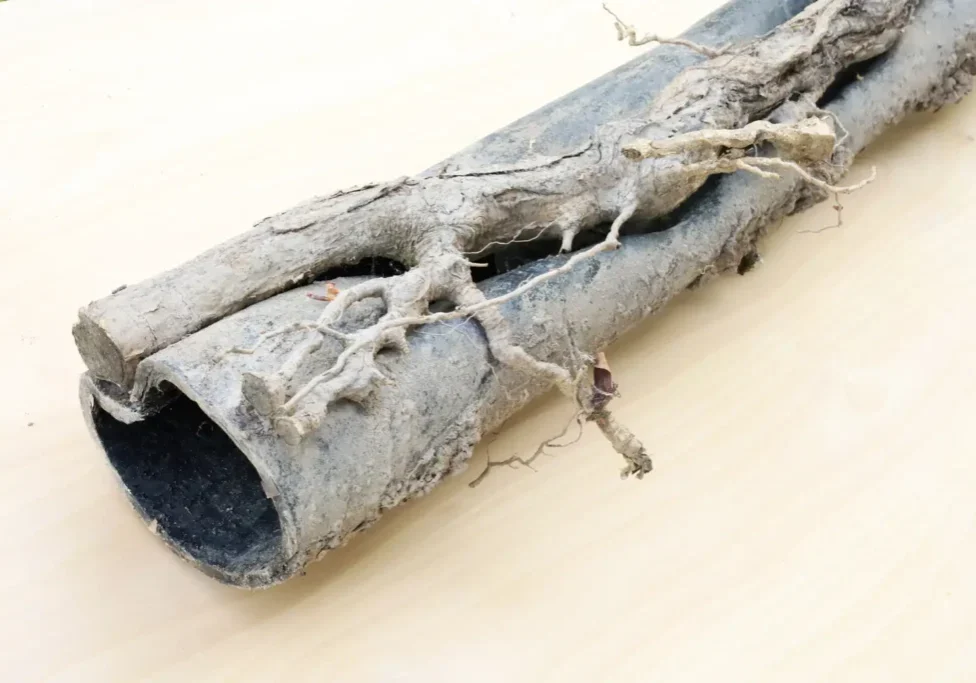
Tree Roots in Sewer Line? Effective Removal & Prevention Strategies
Tree roots in the sewer line invading your sewer lines can cause serious and costly...
